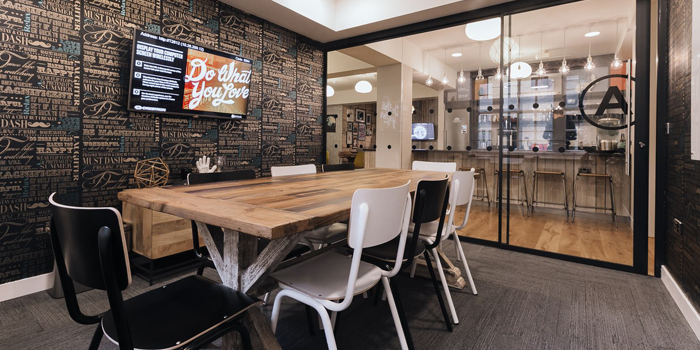
Three Types of Business Development Legal Advice Your Home Business Needs This Year
Three Types of Business Development Legal Advice Your Home Business Needs This Year
With the start of every new year, home based business owners have an opportunity to reflect on the success of their business. Some home business owners have to think about throwing in the towel, while others have to deal with unexpected growth. If you are planning for growth, you should consider obtaining business development legal advice before you launch plans to obtain new clients and customers for your home based business this year.
Home Business Growth Legal Help
Home business owners wear many hats. The hours can be painfully long as you work to fit it all in; bookkeeping, record keeping, production, marketing. For many small business owners, sales calls are a dreaded chore. People who struggle with finding and closing prospective customers sometimes seek a coach or course to help them overcome their reluctance to sell, but another important component of business development planning is to seek business growth legal help before you implement new sales goals for the year. Why? There are several pitfalls you can avoid by talking to a Colorado small business attorney before you take steps to grow your Colorado home based business. Here are three things that come with growth which require the advice of a small business lawyer:
- Independent contractor contract
- Non-disclosure agreements
- Review of company documents
The Independent Contractor Contract: Avoiding Liability
The purpose of creating an independent contractor contract between your business and someone who performs work for you is to establish that the worker is not an employee. For many home based business owners, the costs of employing workers is too high, both from a paperwork and planning perspective, and from a tax liability perspective. But a poorly worded independent contractor contract can rob a small business owner of the benefits of working with independent contractors. Furthermore, certain ways of assigning work to an independent contractor can bring into question the validity of his or her independent contractor status.
The penalties for treating employees like independent contractors are severe. A good, local small business lawyer will not only review your independent contractor contracts, she will also ask you to explain how you assign work to your contractors, how they are paid by you, and how you manage their tasks and assignments.
Non-Disclosure Agreements: Protecting Your Business
It may sound like overkill – if you are a small, home based business, why would you need a non-disclosure agreement? Confidentiality or non-disclosure agreements are often associated with new and potential employees. These agreements protect your proprietary information. But small business owners, especially those who consult for clients, can benefit from having new customers sign non-disclosure agreements as well. If you have worked hard to create your business, you don’t want to give it away to a client who may become a competitor. Talk to your Colorado small business attorney about the benefits of having your clients, not just your employees and contractors, sign non-disclosure agreements.
Review Company Documents to Save Money and Heartache
It’s a new year, and you undoubtedly have new business goals. One of the most important things you can do at the start of this year is meet with a Colorado small business lawyer to review company documents. Does your business structure still make sense? Are your non-disclosure and other legal documents still protecting you as originally intended? Are you in compliance with Federal tax rules and Colorado state law? Will you be impacted by any new Colorado or federal business laws this year?
An in-person business planning consultation with a Colorado business attorney will provide you with advice relevant to your Colorado home business that no legal help website can. Talking to a small business lawyer on an annual basis can do as much toward helping business owners succeed in the long-run as a great new product or fantastic sales can in the short-term.
If your home business needs business development legal advice, contact me, Elizabeth Lewis, at the Law Office of E.C. Lewis, P.C., home of your Denver Business Lawyer. Phone: 720-258-6647. Email: elizabeth.lewis@eclewis.com
Contact Us Today
Law Office of E.C. Lewis, P.C.
Your Denver Business Attorney
LICENSED IN COLORADO AND NORTH CAROLINA
Mailing Address:
501 S. Cherry Street, Suite 1100
Denver, CO 80246
720-258-6647
Elizabeth.Lewis@eclewis.com
Online at:
Real Estate Services for Business Owners
Elizabeth Lewis provides the following real estate law services to small and medium sized business owners in Denver and throughout Colorado:
- Commercial real estate purchases
- Legal review of commercial real estate leases
- Protecting your assets






